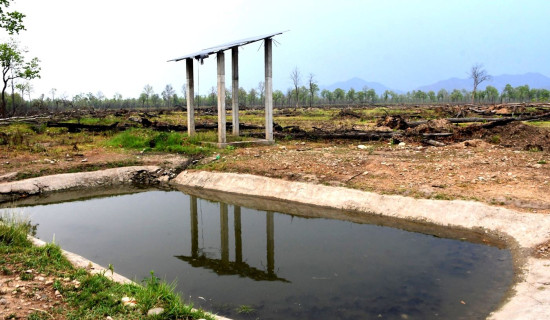- Thursday, 31 July 2025
Creativity Is Not A Luxury
Do you have a creative practice you’d like to return to or prioritise more consistently? Maybe you’re noticing, for the first time, an urge to create, and you would like to make time to explore it? The possibilities are vast. Recently, at a local outdoor market, I met someone who arranges dried flowers and grape vines into wreaths and bouquets. She seemed surprised that her arrangements enchanted so many shoppers (and sold well). She didn’t make them thinking they would make her wealthy or famous. She made them because they helped keep her spirits up during the cold, dark winter months. As she put it: “It was just me, the flowers, and my glue gun.”
In a culture obsessed with hustle and productivity, it may seem out of step to suggest we spend time making things just because it helps us feel better. I’m going out on a limb by suggesting just that. Behavioural science research robustly supports the emotional benefits of creating. Whether we’re doodling, writing songs, or cracking jokes, creating paradoxically centres us in the moment while allowing us to transcend the stress of our self-consciousness and circumstances. Creating moves us into altered states of consciousness such as flow, awe, and mindfulness. In those states, we can experience enhanced well-being, freedom from self-criticism, increased confidence, effortless absorption and control, and even joy. Creating allows us to feel agentic and to find relief, meaning, and connection.
Even if you’re sold on the benefits of committing to a creative practice, there are many reasons not to prioritise it. Some are logistical. Who can find the time? Some reasons have more to do with the emotional risk of tolerating uncertainty—what if you make something bad and people laugh at you? We might also notice beliefs about ourselves that discourage making: “I’m not talented, I have nothing interesting or original to make.” If any of these barriers to creating sound familiar, you’re in good company. There are many great texts devoted to clearing these blocks from our creative channels.
Many of the tools we can use to encourage and connect to creativity can be implemented systematically. In therapy, approaches including cognitive behavioural therapy (CBT), dialectical behavior therapy (DBT), and acceptance and commitment therapy (ACT) can help us learn to work differently with the emotions, thoughts, and logistical barriers that stop us from creating.
Notice and challenge inhibiting beliefs about yourself and your creative projects. Perhaps you think creating is a luxury, or that only super-talented people deserve to create. If so, you can remind yourself that the evidence suggests our ancestors have been creating for at least 50,000 years. In fact, it is reasonably argued that creativity is evolutionarily beneficial (e.g., leading to advances in society) and biologically driven. Maybe you think creating needs to lead to something impressive or helpful.
You can challenge those thoughts and give yourself permission to create things that are bad and that do nothing valuable or important for anyone else. Perhaps all you have to show for your creative effort is, as Elizabeth Gilbert calls it, "a souvenir from a transcendent time.” That seems worthwhile to me. Besides, if creating helps us feel happier and healthier, by extension, our communities will feel happier and healthier. In my opinion, that is valuable and important.
It’s fine to feel anxious about taking a risk to make something. Practice compassionately bringing the fear along while you make something anyway. Practice making things that aren’t perfect (or even very good). After all, there is certainly no chance we will make anything we feel proud of if we don’t make some bad things first. You can try approaching your fear and your efforts as you would a child who is making a drawing. You wouldn’t criticize the child and say the drawing is a waste of time...would you? Probably, you’d be warm and encouraging. Try to use that same approach with your fear and yourself.
Just the same as everything else, we won’t create anything if we don’t schedule time to do it. Waiting for inspiration to create works just as well as waiting for inspiration to wash the dishes. If you want it done, you just have to do it. And you don’t need buckets of time either. Give yourself 20 minutes a few times each week or whatever you can budget. Put it in your calendar along with work meetings and grocery shopping.
If you’re looking for a new creative project, follow what attracts you. Notice your affinity and get curious about the things you’re drawn to—things as simple as a deep shade of purple, a geometric shape, or the word mellifluous. Creative projects might not initially present themselves whole. Trust that your curiosity can lead you bit by bit to something that feels coherent, fulfilling, and meaningful.
- Psychology Today
















